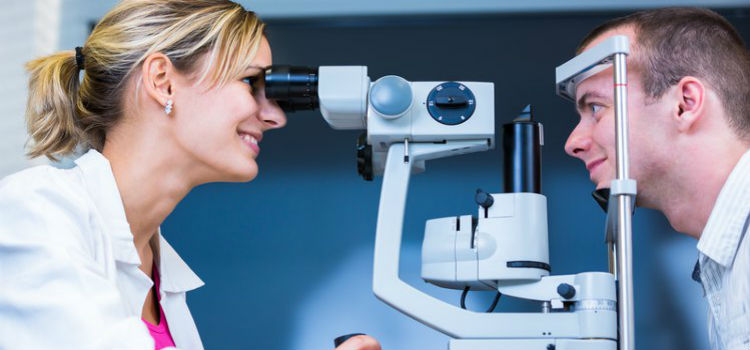As you age, the chances are that you will suffer from cataracts on some level. Basically, cataracts occur when your eyes’ lenses become cloudy and damaged, resulting in blurred vision and deteriorated sight. In most cases, this can be corrected through cataract surgery.
However it’s worth exploring your options before you commit to surgery. And fortunately, there are a few – especially for those with early stage cataracts.
As always, the rest of this article is meant to be informational only. You should always speak with your eye doctor before committing to any of the following alternatives. It’s also worth noting that most of the options listed below are temporary, and you will have to have laser eye surgery at some point to properly restore your vision.
Temporary Vision Correction
Those with cataracts which aren’t too bad could consider using some form of temporary vision correction in the form of glasses or contact lenses. Although this won’t stop the progression of your cataracts, it could give you years of perfect vision before surgery becomes a must.
We’d highly recommend speaking to your local optometrist to see if glasses are a viable option for your needs. It’s also important to understand that you will have to upgrade your glasses from time to time as your vision continues to worsen.
Experimental Eye Drops
Although they aren’t yet a mainstream treatment, there has been a lot of recent research centered around the use of acetylcarnosine (an amino acid) to treat cataracts. It’s not very widespread yet, but it could be worth mentioning it to your eye doctor to see if it’s an option for you.
Cataract Reversal
In some cases, cataracts are caused by diseases such as diabetes. Simply managing your health problems better can cause significant improvements to your vision. In the case of diabetes, this would involve controlling your blood sugar levels – which you should be doing anyway to reduce your risk of other adverse health effects.
Just Waiting
Finally, you might decide to just wait until your cataracts are worse before you commit to surgery. Many people don’t have any problems living with early stage cataracts, and delaying surgery usually won’t impact its effectiveness.
You can also do a number of things to slow the progression of your cataracts. These include avoiding exposure to sunlight by wearing dark sunglasses and quitting smoking. Some people have also suggested that increasing your vitamin B12 intake can also reduce your risk of developing cataracts.
Again, make sure you speak with your local optometrist to identify your best options.
Final Word
Cataracts can significantly impact your quality of life by reducing your vision and impacting your ability to perform simple everyday actions. For example, they can affect your driving, reading, and much, much more.
Although surgery is the best long-term solution for getting rid of cataracts, there are plenty of short-term alternatives worth considering. In this article we’ve explored a few of the most popular. If any of them stand out to you, we’d recommend speaking about them with your local optometrist.

